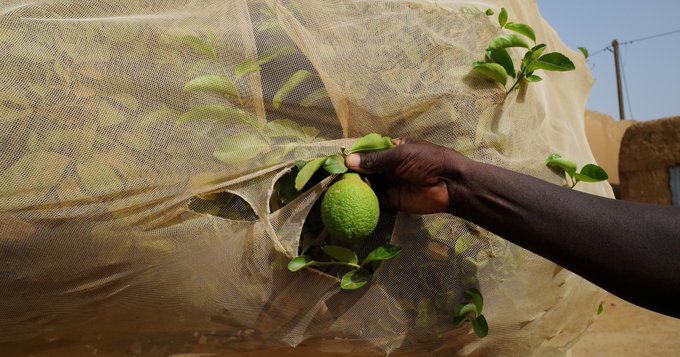|
Getting your Trinity Audio player ready...
|
Food and nutrition security in Africa is off track: In 2020, more than one in five people in Africa faced hunger—more than double the proportion of hungry people in any other region. In fact, the continent remains a net food importer at an annual cost of $43 billion.
Food security in Africa demands urgent and serious attention. Climate change is already stalling progress by interacting with multiple other stressors and shocks, including inequality, degrading natural resources, conflict, and the COVID-19 pandemic.
A 3°C warming trajectory will cause catastrophic disruption to African food systems within the next 30 years. In fact, under a 3°C warming scenario, Africa is expected to lose up to 30 percent of current growing areas for maize and banana and 60 percent for beans by 2050. Many more millions of Africans will suffer from hunger. By 2050, the 282 million of Africa’s population who are undernourished today is expected to grow to 350 million. A 1.5°C trajectory provides more options for adaptation of African food systems, but still demands urgent action. Current national pledges put the world on a 2.4°C trajectory even if they are fully achieved.
We need a whole food system approach
Leading adaptation options for food systems are well-defined and build on evidence and experience, including in Africa. Among these options, the priorities for public sector investment in Africa are fivefold: Research and extension, land restoration, water management, infrastructure, and climate information services. Some of the adaptation practices have long-term African experience to build on (e.g., landscape management, agroforestry), while others are newer areas of endeavor on the continent or globally (e.g., fiscal measures, co-benefits of mitigation finance).
Source: Brookings






